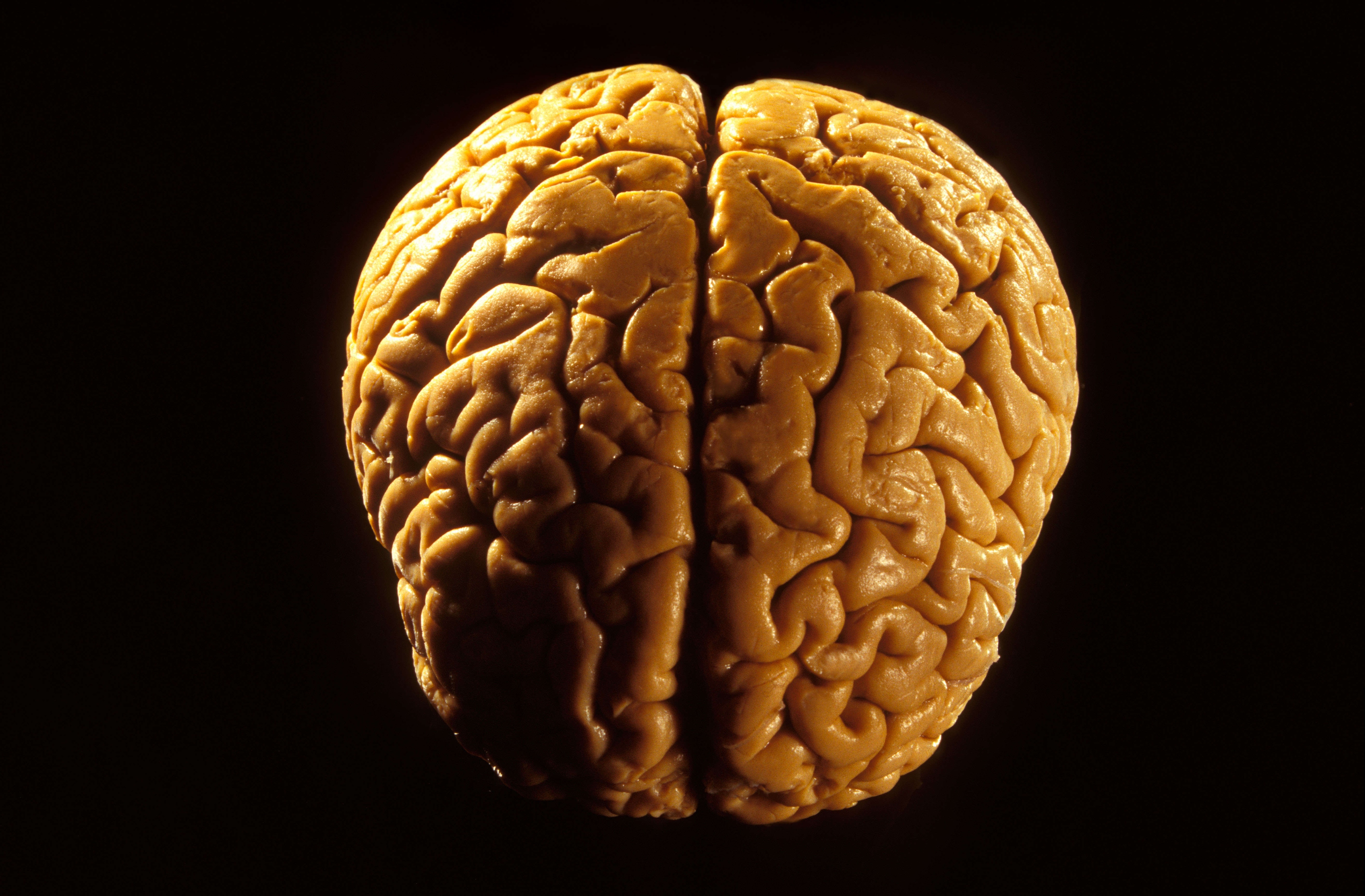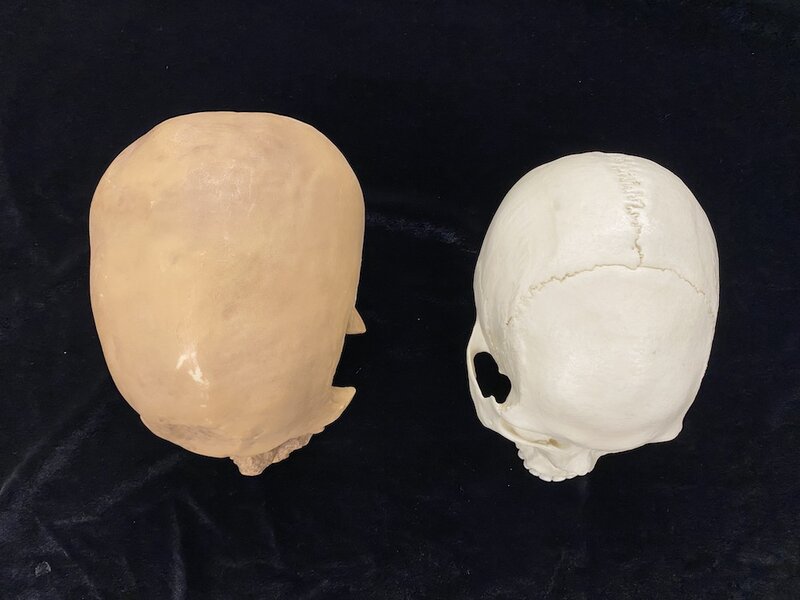Create a free profile to get unlimited access to exclusive videos, sweepstakes, and more!
Cooperation might have cost us a chunk of our brains 3,000 years ago!
You can have civilization, but it's going to cost you.

As a general rule, a larger brain to body ratio correlates with higher intelligence. Whales have truly massive brains, weighing up to 20 pounds, nearly 10 times as large as that of a human, and while they’re intelligent, they aren’t building rocket ships or writing symphonies so far as we know. That’s thought to be due at least in part to how much of that brain power is used up to maintain their equally massive bodies.
In humans, our brains use up about 20% of our total energy, despite accounting for only 2% of our total body mass. Brain tissue is expensive, which means that in the harsh world of evolutionary survival, bigger isn’t always better. A larger brain might equate to higher intelligence, but it comes with a cost –– one which must be balanced.
During the course of human evolution, our ancestors experienced a rapid (evolutionarily speaking) increase in brain size in the time since we split from our last common ancestor with chimpanzees. Over the last 6 million years, the size of our brains roughly quadrupled in size as a consequence of changes in diet and technological advances which allowed our ancestors to better acquire resources. This created a sort of feedback loop wherein larger brains led to more resources, which allowed for even larger brains.
Then something unusual happened, at some point since the last ice age, the human brain shrank significantly, and we haven’t quite been able to settle on why. Moreover, it might have happened more recently than we previously thought.
A new paper published in the journal Frontiers in Ecology and Evolution, authored by Jeremy DeSilva from the Department of Anthropology at Dartmouth College and colleagues, suggests the loss of brain mass might be a result of increased cooperation and shared intelligence.
Using change-point analysis, they graphed brain size in humans over time and determined the shrinking of our brains might have happened much more recently than we previously supposed.
“The assumption has been that brain evolution was basically done by the Pleistocene, so when you find a skeleton or a skull that’s 4,000 years old, people don’t’ run to measure the brain size. The assumption is it’s going to be the same as people living today and the same as people living in the late-Pleistocene,” DeSilva told SYFY WIRE. “What we were able to determine is that the downward trend is best positioned around 3,000 years ago.”
It turns out our brain evolution was not finished, not by a long shot. Not only have we lost brain mass in our recent past, but the amount was substantial. DeSilva described the volume of brain reduction since the Pleistocene as about the size of a lemon. What’s as yet unclear, is whether that volume was lost equally across brain regions or if it favored some regions over others.
The paper was born out of an unintentional realization in the classroom. DeSilva was showing his students the brain size trend over time, the rapid increase followed by decline, and a student noticed a similarity to trends seen in ants. Only there, instead of changes occurring over time, they occurred in relation to population size.
“As these social insects become more and more social, their neural ganglia get bigger, but they reach a point where there’s so many of them that they specialize and rely on each other through collective intelligence,” DeSilva said.
It got DeSilva, and co-author James Traniello from the department of Biology at Boston University, thinking about how those trends might be related and if the trends seen in ants might be able to fill in the gaps of the human story.
“Our interpretation is that humans have become more social and might be experiencing something similar. If you can have a smaller brain, and store more information outside, and then interact with that in a more complex way, you can have the best of both worlds where your collective intelligence is increasing as a society and as a population, even though each individual brain might be getting a little smaller,” DeSilva said.
There are likely a number of factors at work with regard to changing brain sizes in humans and other animals. There’s evidence that our ancestors' bodies were also decreasing at this time, which could necessitate smaller brain sizes without having a significant impact on overall intelligence. Though, analysis shows that changes in body size don’t precisely correlate with changes in brain size.
It’s also possible that a shift to agricultural practices might have required a decrease in brain size as an unwanted consequence of living in tighter quarters together.
“As humans moved into more settled communities, what we see with the beginnings of agriculture is an increase in disease,” DeSilva said. “More humans in a confined area means an easier spread of infectious disease, and if your body is exposed to these pathogens, you’re going to use a lot of your energy on the immune system, which means less energy for brain growth.”
The comparison to ant populations offers an additional factor which has not previously been robustly explored. While changes in body size and exposure to disease likely contributed to fluctuations in brain size, it’s also possible that increased cooperation, sharing of knowledge, and specialization of tasks allowed us to lessen the load on individuals while continuing to increase our collective intelligence.
There’s certainly anecdotal evidence for the hypothesis. Most of us can’t begin to imagine how to build machines as simple as a microwave, let alone construct a rocket ship. Yet, we have robots on other planets. Our collective intelligence hugely outshines our individual knowledge.
When life gives you lemons, you make lemonade. When life takes lemon-sized chunks of your brain, you build civilizations.



























